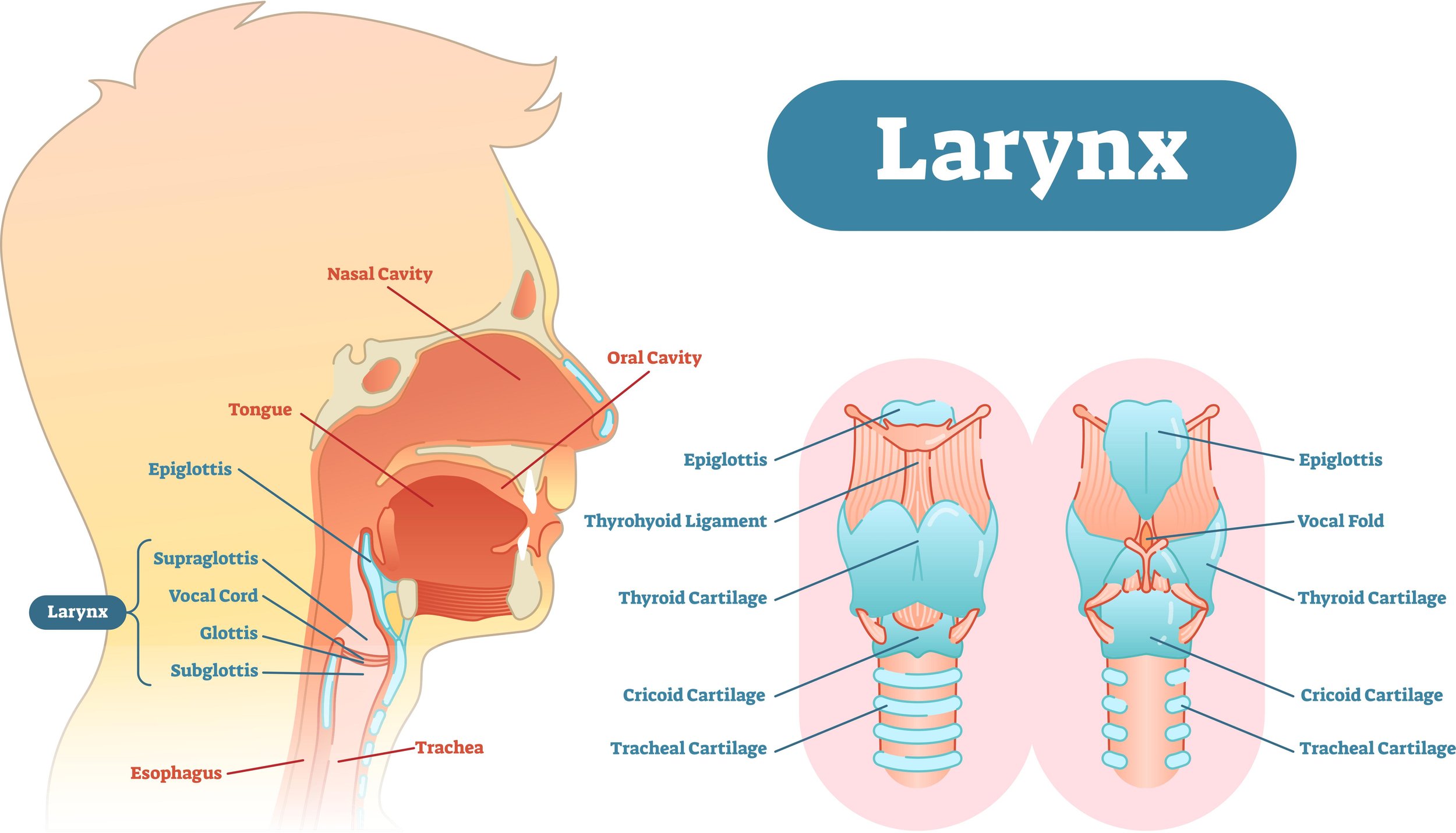Does a Tracheal Shave Harm Your Voice? Vocal Coach Q&A
Welcome to another installment of my Q&A series, where I address your questions about voice training and care.
Today, we’re diving into a topic that many of you have asked about: how Facial Feminization Surgery (FFS), particularly a tracheal shave, can affect your voice. If you’re recovering from surgery and wondering when it’s safe to start voice training, this post is for you. Let’s explore the potential impacts of these procedures on your voice and the best steps you can take during recovery.
Here’s today’s question:
“I had FFS about 4 months ago including a lot of work on my jaw, chin and neck (including tracheal shave). I am keen to start voice training but my voice is still weak and crackly from surgery, and my range is much more limited than before. The surgeon assures me my voice should return to normal within approx. 6 months. Do you have any experience of working with people who've had similar surgery, and would it be advisable for me to wait until fully recovered before starting voice training?”
Facial feminization surgery (FFS) can be a transformative step in affirming your identity, so congratulations! For many, this includes procedures like forehead contouring, brow lifts, rhinoplasty, chin reshaping, and as you mentioned here, a tracheal shave.
A tracheal shave, if done correctly, should not have any significant impact on your voice. You might experience some temporary changes due to swelling or scar tissue, but those should dissipate within days up to a couple of weeks.
What is a tracheal shave?
So let’s talk about what a tracheal shave really is. It’s not a shave of the trachea, which is the windpipe. Rather, it’s a procedure called chondrolaryngoplasty that shaves down the thyroid cartilage in the front of the larynx.
The larynx is the cartilage structure that houses the vocal cords. During puberty, the larynx gets larger for those assigned male at birth. Because of that, the “Adam’s Apple”, or the thyroid cartilage, becomes more visible.
The vocal cords are two bands of tissue living inside of the larynx. The two bands attach right at the “Adam’s Apple” point, to the front of the thyroid cartilage. For that reason, it’s important that a surgeon take a look from above at the vocal cords to make sure that they’re not shaving too close to that spot.
Tracheal Shave Risks to the Voice
In my recent conversation with Dr. Brandon Baird, a leading expert in gender-affirming voice care, Assistant Professor of Laryngeal Surgery at University of Chicago, and the Co-Director of the Voice Center, he touched on this very topic.
Here’s what he said:
“There's a significant risk to the voice after these types of surgeries, specifically tracheal shave. A lot of times they get sort of bundled into facial feminization surgery with a plastic surgeon, and that's wonderful.
But someone needs to look at the cords while the Adam's apple or the thyroid cartilage is being removed, which means that someone has to take a look from above while the surgery is happening to make sure that too much of the Adam's Apple is not removed. If that happens, the vocal cords can get loose and it can create a sound of the voice that's actually lower than what the voice was prior to that type of surgery.”
Dr. Baird also emphasized that it’s important to go to see an otolaryngologist, or a doctor that specializes in the voice, for tracheal shaves so that they can take the care that is needed. Some plastic surgeons may not take a look at the cords during the surgery.
I personally have worked with students who have undergone these procedures, but I’ve never worked with someone who was experiencing a weak, crackly voice 4 months after surgery. If you underwent some type of vocal feminization surgery, you might be looking at a different timeline for recovery, but based on your question, I don’t think you did.
So with all of this information, I would suggest that you go see an otolaryngologist so that they can look at your cords and see if everything is as it should be.
After you go see a doctor, I would have them set you up with a SLP to work on strengthening your voice with gentle semi occluded vocal tract exercises. Make sure that you’re staying hydrated and not overusing your voice.
In Summary
Recovering from FFS, including procedures like a tracheal shave, is a process that requires patience and care. Temporary voice changes can be unsettling, but with the right medical follow-up and gentle vocal exercises, you can support your voice as it heals. Don’t hesitate to consult with an otolaryngologist or speech-language pathologist if you have lingering concerns about your vocal health.
If you’re ready to take the next step in your vocal feminization journey, I’d love to help you find and strengthen your true voice.
Sign up for a consultation or lessons today, and let’s work together to create a voice that feels authentically you!





















